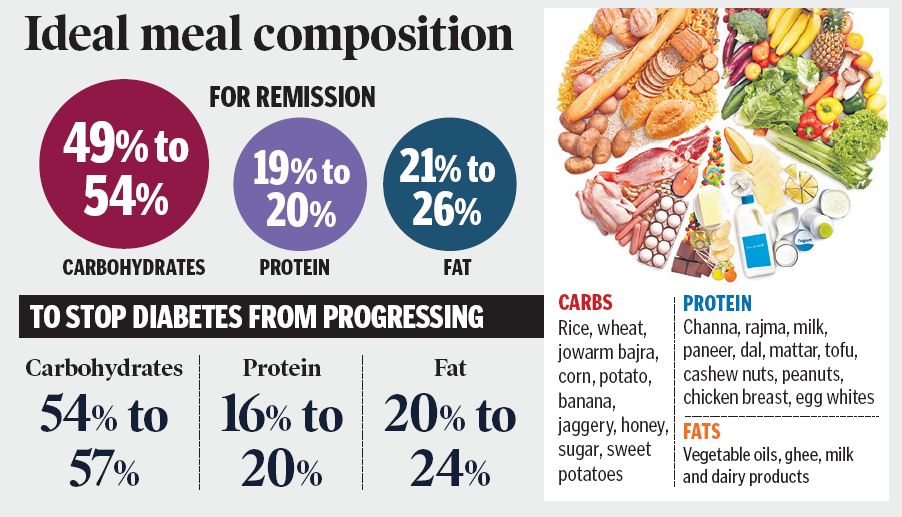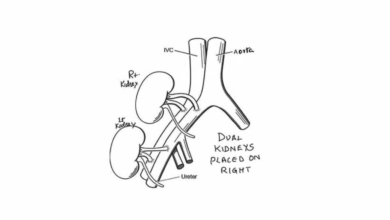Less carbs, more protein enough to reverse diabetes: Study
Hyderabad: To reverse diabetes and to stop it from progressing among the Indian population, one need not reduce carbohydrate intake on our daily diet to zero, as many earlier studies have indicated.
Even a modest reduction in carbohydrate intake with an increase in protein, along with healthy fats, can help to both reverse diabetes as well as prevent its progression, a recent national study by Indian Council of Medical Research (ICMR), said.
The ICMR- INDIAB (India Diabetes) study funded by ICMR, based on 18,090 adults has shown, using a linear regression model and quadratic programming, that if the carbohydrate content of the Indian diet can be brought down to 49 percent to 54 percent and the protein increased to 19 percent to 20 percent and fat maintained around 21 percent to 26 percent, diabetes remission (reversal) can be achieved. For prevention of progression from pre-diabetes to diabetes, carbohydrate content of 54 percent to 57 percent, protein of 16 percent to 20 percent and fat of 20 percent to 24 percent would suffice.

The first author of the study and vice-president of Madras Diabetes Research Foundation (MDRF), Dr R M Anjana said “Unlike previous studies which have recommended a very low (near zero) carbohydrate intake which is unsustainable in the Indian context, our results show that even a modest reduction in carbohydrate intake with an increase in protein, along with healthy fats, can help to both reverse diabetes as well as prevent its progression”.
Dr Seshadri Srinivasan, Kalasalingam Academy of Research, who carried out the quadratic programming problem (QPP), said that they employed mathematical modelling to predict both remission and prevention of diabetes at a population level using the ICMR-INDIAB diet data.
The president of Madras Diabetes Research Foundation, Dr V Mohan in a statement said “Indians could even slightly change their dietary habits by decreasing their carbohydrate intake and substituting it with protein (preferably vegetable protein), not only diabetes but also cardiovascular disease can be prevented”.








